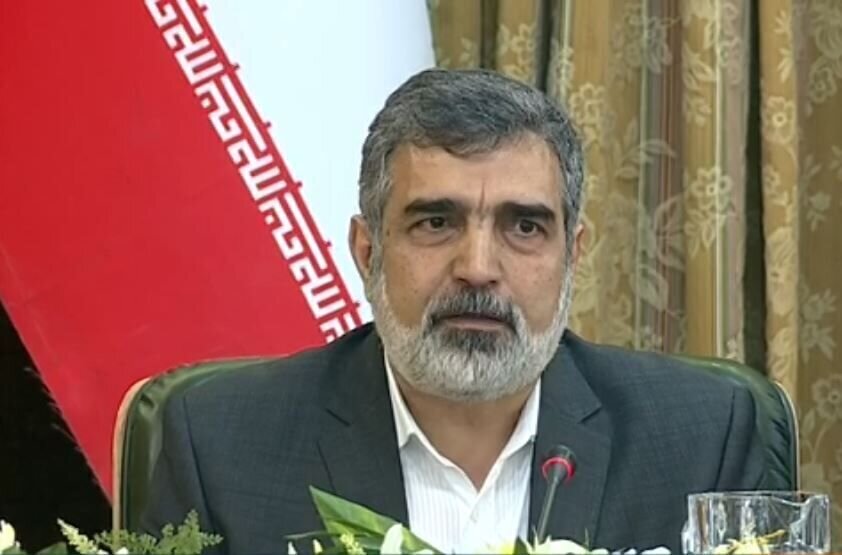Iran considering technical needs when downscaling nuclear commitments: spokesman

TEHRAN – Any time Iran decides to downscale its commitments to the 2015 nuclear deal, it will see what it technically needs to decide on the kind of limitations it will overlook, the country’s nuclear spokesman says.
Speaking to the Tehran Times on Monday, Behrooz Kamalvandi said this has been the case already since March 8 when Iran decided to limit its level of commitment to the Joint Comprehensive Plan of Action (JCPOA) in retaliation for the U.S. official withdrawal from the deal.
“What we are doing is, if we feel there is need for some technical measures, and on the other side we are going to abandon some of our commitments, we go for the option which can remove our technical problems as well,” Kamalvandi stated.
“We decide based on our needs, which has been the case for the three measures we have already taken, including surpassing the limit on 300 kilograms [of low-enriched uranium], disregard for the 130-ton limit [on heavy water supply], and producing [uranium] at the level of 4.5 percent purity,” Kamalvandi explained.
“Based on the time we will look into what our needs are,” he added.
On July 1, Tehran announced it was leaving the 300 kilograms of low-enriched uranium limit allowed under the nuclear accord behind, no longer willing to stand by and be the sole party that has been putting into action its part of the deal.
On the same day writing on Twitter, Foreign Minister Mohammad Javad Zarif insisted Iran was not violating the deal, citing the “Dispute Resolution Mechanism” of the treaty, which Tehran believes the so-called E3+2 — Germany, France and the UK plus Russia and China — have not brought to a successful conclusion.
Iranian officials had warned that the country would likely exceed the uranium limit if the remaining signatories to the nuclear deal — China, Germany, France, Britain and Russia — failed to find a way for Tehran to receive the economic benefits promised in exchange for limiting its nuclear program.
Iran is allowed to enrich up to 300 kg of uranium to 3.67% under the terms of the JCPOA. Iran also went beyond the 3.67% enrichment level on July 7 as it had promised before.
Falling back under the 300 kg is easily reversible, and the remaining parties to the JCPOA would only become concerned if enrichment levels were ramped up to 20%, Francois Nicoullaud, a former French ambassador to Iran, told AFP last month.
“As long as Iran does not get close to a threshold of a ton of lightly enriched uranium, there is no pressing concern,” Nicoullaud said. But if Iran “amassed, for example, a stock of 200 to 300 kilograms of uranium enriched to nearly 20% there would be cause for great concern.”
SP/PA
